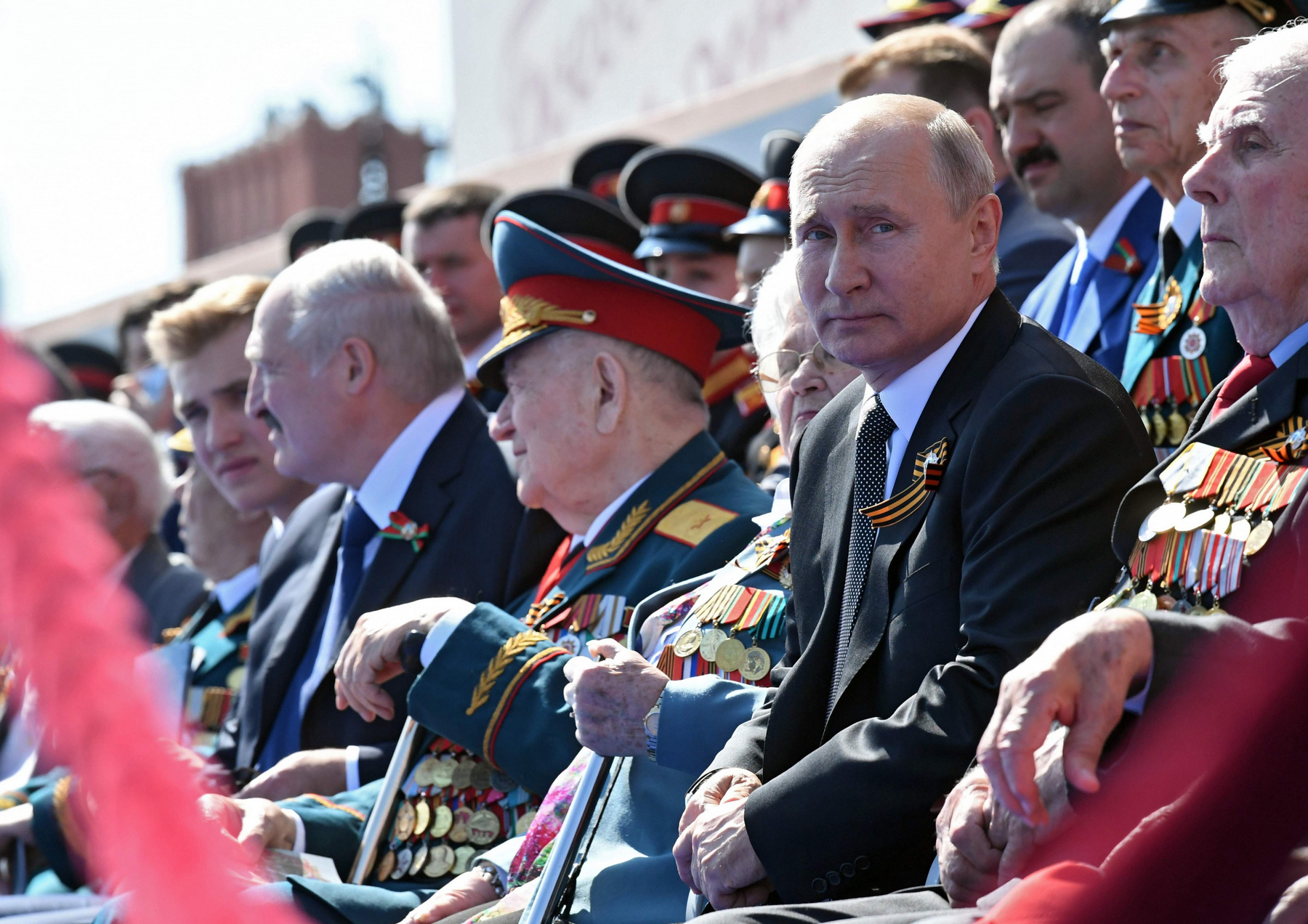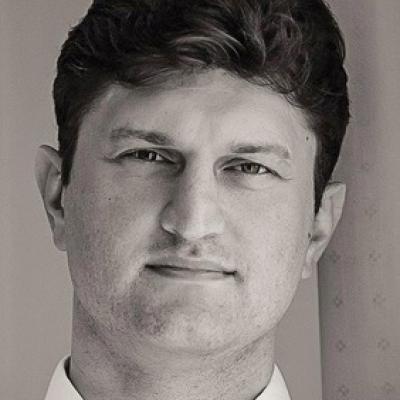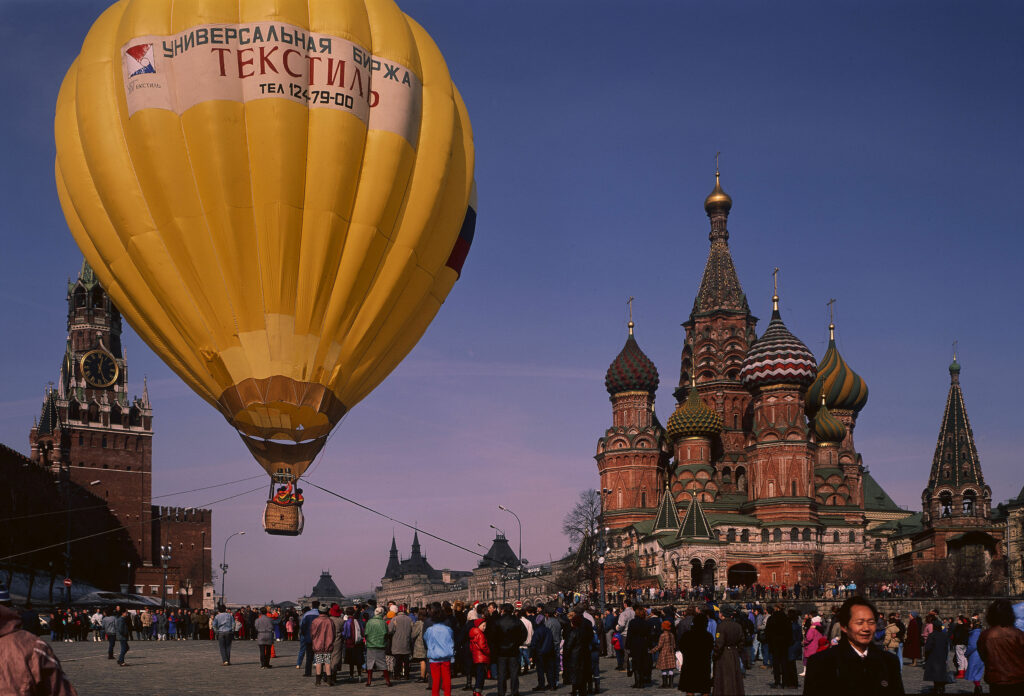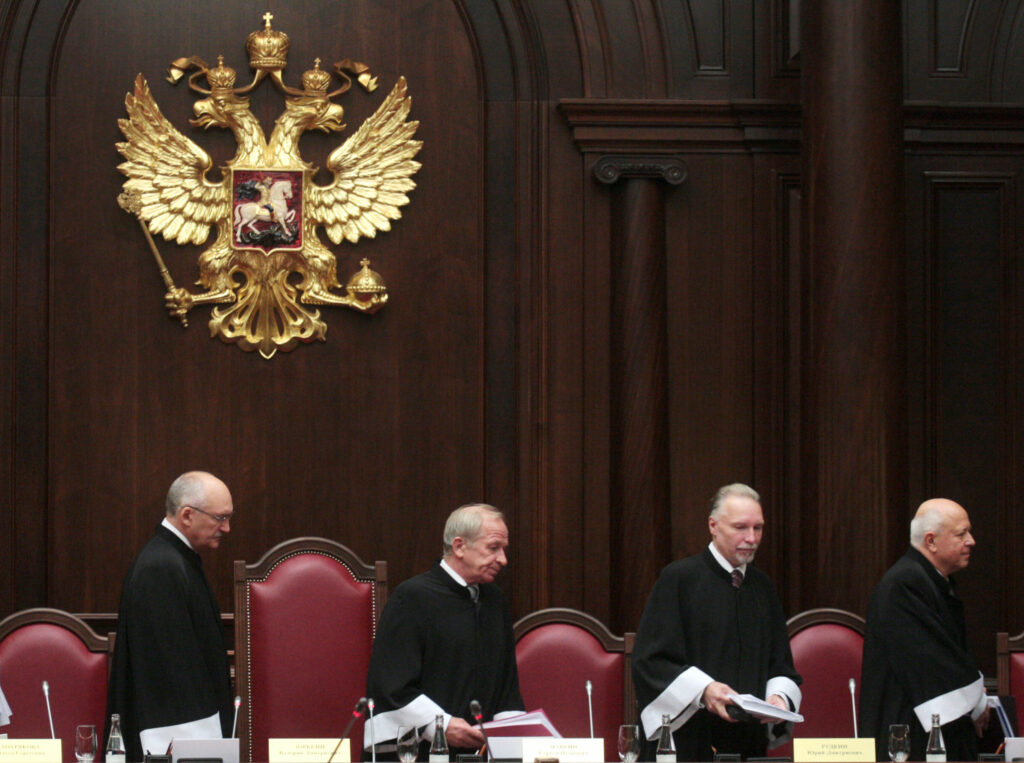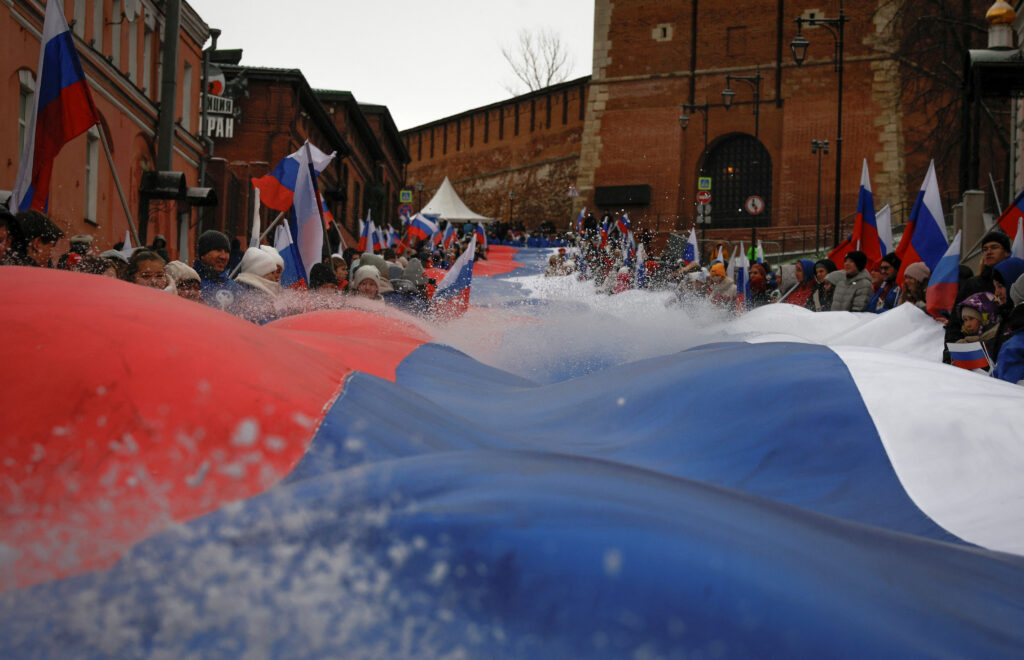Predictably, Vladimir Putin’s article on the ‘real lessons’ of World War II published in The National Interest was criticised by the expert community. The text contains many biased and far-fetched conclusions trying to justify Joseph Stalin’s far-from-perfect foreign policy. Many topics have simply been swept under the carpet. For example, Putin does not mention the Katyn massacre, where Poles were executed by the NKVD. Accusing Western countries of economic cooperation with Hitler’s Germany, Putin does not say a word about the same tactic in the USSR. In fact, the Soviets supplied the Reich with oil, grain and metal until June 22, 1941. However, it seems important to move away from the problem of poor factual knowledge. It is better to address the question of why the Russian president has decided again to take on the ill-suited mantle of historian.
After all, the public received Putin’s article with undisguised disappointment. After an outburst of unfair accusations against Polish Ambassador Józef Lipsky, the state-owned media sounded as if the Russian president was about to pull some documents from the dusty Russian archives and shed light on the truth behind the mysteries surrounding the beginning of the Second World War. To overall dismay, Putin limited himself to old clichés from Stalinist history textbooks. It would be naïve to think that rusty propagandist banalities from seventy years ago could impress anyone today. Thousands of studies dispelling Soviet propaganda myths have been published in recent decades.
The choice of the American The National Interest journal was also unfortunate. To begin with, this second-rate publication has a strong reputation for being a mouthpiece of Russian propaganda in the USA. It is not trusted by the American establishment. Secondly, why was the American journal chosen at all? Formally, the reason for the text and Putin’s December lecture at the CIS informal summit was Putin’s indignation at the European Parliament resolution of September 19, 2019 ‘On the importance of European remembrance for the future of Europe’. According to the resolution, the signing of the Molotov-Ribbentrop Pact and the division of Europe into spheres of influence between the totalitarian regimes of Germany and the USSR were direct causes of the outbreak of the Second World War. Against this backdrop, the choice of The National Interestmakes it look as if Putin felt offended and was trying to complain to Americans about obdurate Europeans. Does this live up to a leader of a country claiming to be a great superpower?
Of course, Putin’s article is not about history, but the current political situation in Russia. In the aftermath of the 2018 presidential election, a broad public debate on the ‘2024 problem’ swept the country. Only a few, such as Andrei Kolesnikov, a representative of the so-called Kremlin pool, were convinced that Vladimir Putin would withdraw from politics after the expiry of his second consecutive term. Most believed that he would rule Russia for life. The only thing to be decided was how the scenario plays out. At the end of last year, against the backdrop of a gradual decline in approval ratings, Putin apparently decided to put an end to speculations, launching a legally controversial procedure of adopting constitutional amendments.
The Kremlin strategists seem to have planned that the lack of legality of the procedure for amending the fundamental law would be compensated by proving the legitimacy of extending Putin’s time in office. As they say, the people wanted it, and the Kremlin was trying to find an apt form to carry out the public will. But how can you elicit the people’s love for the people’s leader?
The Kremlin’s answer to this question looked as follows. Putin is making a series of provocative statements about the history of the beginning of WWII in line with the Soviet propaganda, trying to draw Western politicians into a public polemic. The Russian state-owned media outlets present it as follows: strongman Vladimir Putin is defending the truth about his ancestors’ heroic deeds in the fight against the attacks of the whole West. The elderly generation of Russians, whose main source of information is television, has been raised in the spirit of anti-Americanism and anti-Westernism. For them, this is a clear sign to mobilise and rally around their leader to strive to defend ‘historical truth’.
Vehement comments by the governments in Poland and the Baltic states showed that the trick was successful and could be used repeatedly if you publish an article on the eve of the Russian popular vote on constitutional amendments initially planned for April
Therefore, the release of the text was most likely scheduled for April 15. However, the presidential administration had to reshuffle its plans and move everything to the second half of June due to the coronavirus epidemic. The priorities of ordinary Russians changed dramatically during the lockdown. According to the Higher School of Economics (HSE), the lockdown and the complete shutdown of entire sectors of Russian economy has had a negative effect on real incomes of about 60% of the population. Under such conditions, the image of Putin as a fighter for historical truth cannot fulfill its consolidating role. So, the publication of the article went virtually unnoticed by the Russian public. The reaction of the Western governments was also sluggish. It was left to Anatoly Antonov, Russia’s Ambassador to the US, to report an allegedly significant State Department interest in the publication. Not the representatives of the State Department.
Two appeals to the historical narrative are advanced by Putin in the article. The first is an appeal to cooperate in opening pre-war and wartime archives. Some Russian historians have positively assessed this initiative. It seems that they have acted rashly. The fact is that the opening of the Russian archives under Putin is allowed under one condition; it should not alter the narrative or the perception of the international role of the USSR that dates back to Stalin’s times. In fact, it is an invitation to collective interstate censorship. Such initiatives clash with the norms of a historian’s ethics and are not commendable.
The other appealis a proposal that five permanent members of the UN Security Council should meet and discuss a new world order. As long as Donald Trump and Emmanuel Macron, who act eccentrically on the global stage, stay in office, the five leaders will not be able to agree on anything even if such a meeting is held. What Putin in fact proposes is to move back 80 years and re-draw spheres of influence on the world map. However, this is impossible because the world has changed. Central and Eastern European countries regained their sovereignty and became full members of NATO and the EU. Neither France nor the USA nor the UK will connive with Putin behind their backs. Russia itself has changed, too. A cynical elite that is much better integrated into the global economic space has replaced the communists. This is well understood in the West. Therefore, nuclear or historical saber-rattling is unlikely to make the desired impression on Western elites.
